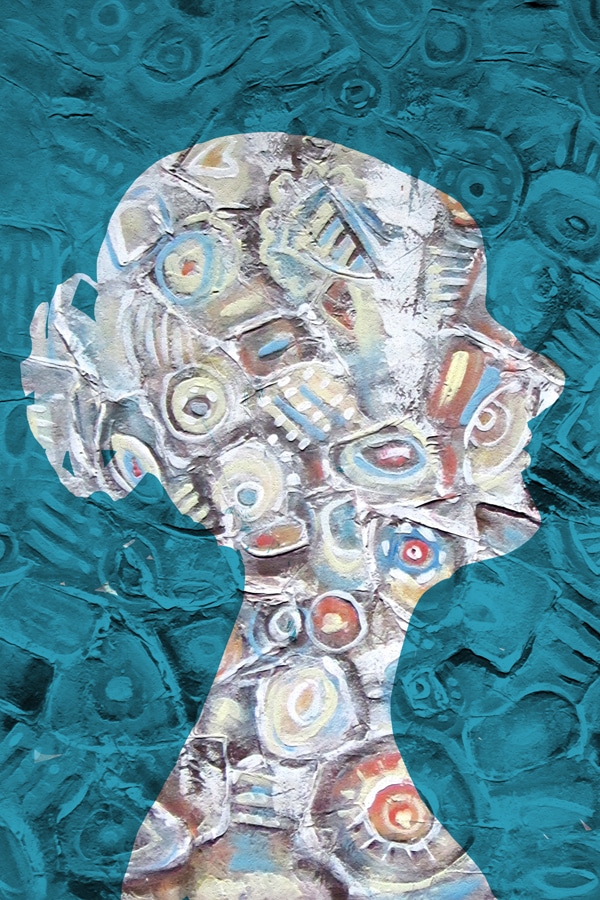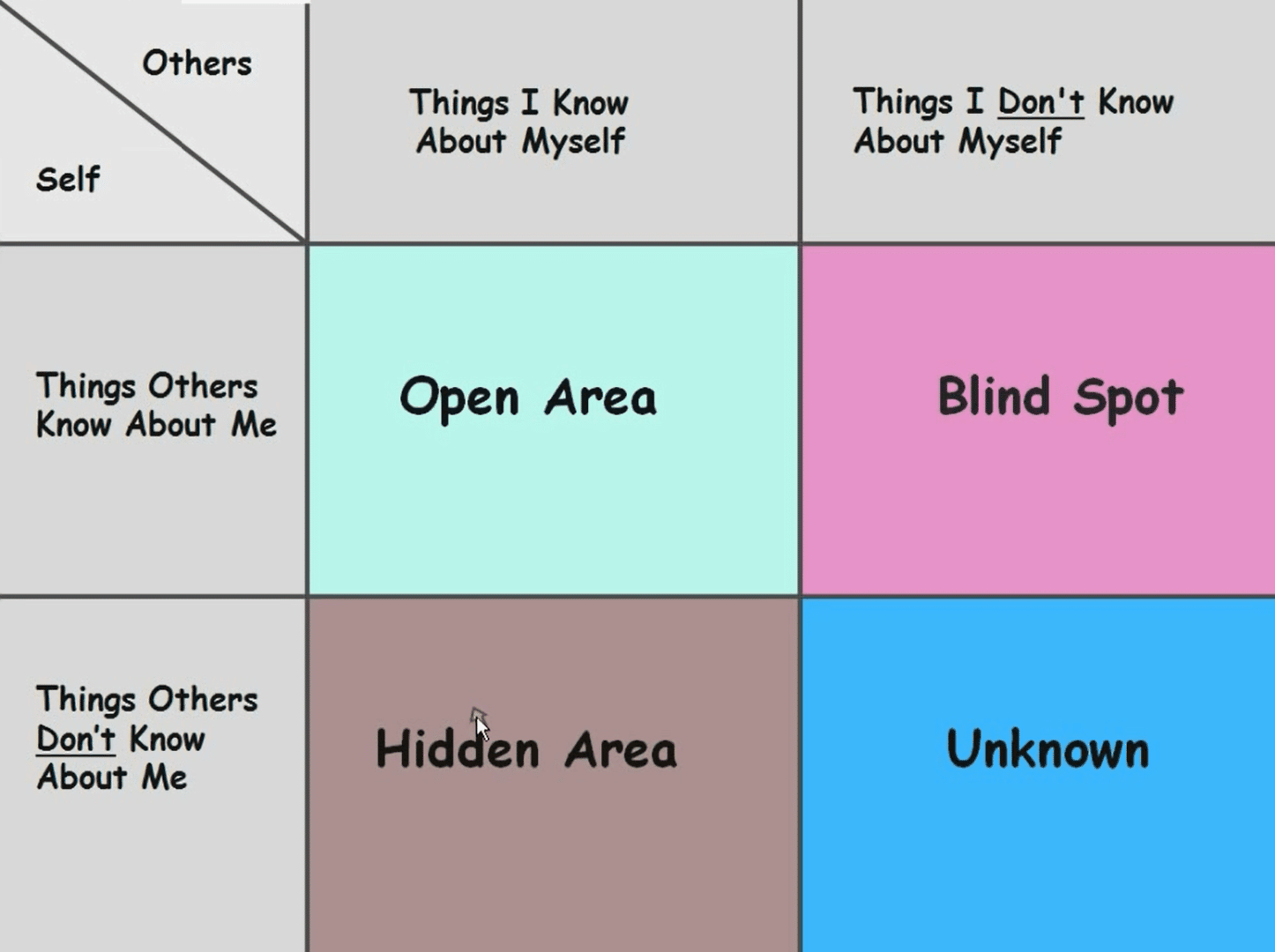Personal Development in Counselling
Definition of ‘Personal Development’ in Counselling
Personal development is ‘an essential aspect of training in person-centred psychology and person-centred therapy and, generally, takes place and is fostered in the training group (as distinct from individual personal therapy away from training)’ (Tudor and Merry, 2002: 97–98).
In counselling, personal development is a way of enhancing self-awareness.
Importance of Self-Awareness in Counselling

Self-awareness is important in person-centred counselling. If we have not looked at ourselves in depth, it will be very difficult to offer high-quality counselling to clients.
In counselling, we use ourselves as the main tool with which to help clients. If we have not looked at ourselves in depth, it will be very difficult to offer high-quality counselling to clients. We need self-awareness in order to help clients: accepting ourselves more fully allows us to offer the same acceptance to them.
To be able to deal with personal triggers in the counselling room, we must understand our own process, and so be able to spot and avoid parallel process. Sometimes, it may be necessary to take a break from counselling if we are dealing with a tough personal situation (e.g. bereavement or divorce). Not facing up to our own process risks damaging both ourselves and our clients.
If our personal development identifies that there are types of issues or clients that we cannot work ethically with (e.g. because of something in our own background or experience), then we must make a referral to a practitioner who is able to help.
Personal Development Linked to Theory
Self-awareness – gained through personal development – is perhaps especially important in person-centred counselling, which is all about relating to the client in a way that embodies the three core conditions of empathy, congruence and unconditional positive regard. Areas of incongruence within ourselves may prevent us from offering these conditions. Some examples would be as follows:
- If we had suffered a difficult loss that we had not addressed fully, and then a client’s story reminded us of our own experience, we might find it impossible to stay within their frame of reference, instead flipping back into our own feelings about our own loss. This would prevent us from providing the client with empathy (i.e. putting ourselves in their shoes, and accompanying them as they explore their emotions).
In counselling, we use ourselves as the main tool with which to help clients ... We need self-awareness in order to help clients: accepting ourselves more fully allows us to offer the same acceptance to them.
- If we had been brought up with the condition of worth that it was rude to challenge people in authority, we might then find it hard to be congruent with a client we perceived as more powerful than us in some way. This would stop us using the skill of challenge with the person, and so would undermine the therapeutic relationship, and fail to fulfil the six necessary and sufficient conditions of therapeutic personality change.
- If we had an unexplored prejudice against, say, people of a particular sexuality, then found ourselves with such a client in the counselling room, we may not be able to offer them unconditional positive regard. This would adversely affect the quality of service that we were able to provide to the client. It could even be harmful to them (for example, if their self-esteem has already been affected by such prejudice outside the counselling room) – so breaching the important ethical standard of non-maleficence (a commitment to avoiding harm to the client), as embodied in the Ethical Framework for the Counselling Professions.
Free Handout Download
6 Ways to Kick-Start Your Personal Development Plan
Methods of Personal Development
Counselling students are encouraged to use a range of different methods and tools to increase their self-awareness – for example, writing a reflective journal, using the Johari window, and participating in personal development groups. Personal counselling and supervision are also important in developing self-awareness, but are (as noted in the definition above) not always seen formally as part of personal development.
Johari Window
Devised in the USA by Joseph Luft and Harry Ingram in 1955, the Johari window (named by combining the two men’s names) is a tool to help people gain self-awareness and achieve personal growth. This comprises four ‘panes’, as shown in the picture. The idea is to expand the open area, for example by eliciting feedback from others.

Personal Development Groups
These groups (sometimes known as ‘process groups’) are a core part of counselling training, complementing the input on theory and skills by providing a safe space for developing self-awareness. There, we can look at changes we are going through, find the courage to explore them, and get others’ views.
They can be very challenging, but also very enriching. They offer an opportunity both to increase self-awareness and to practise empathic listening.